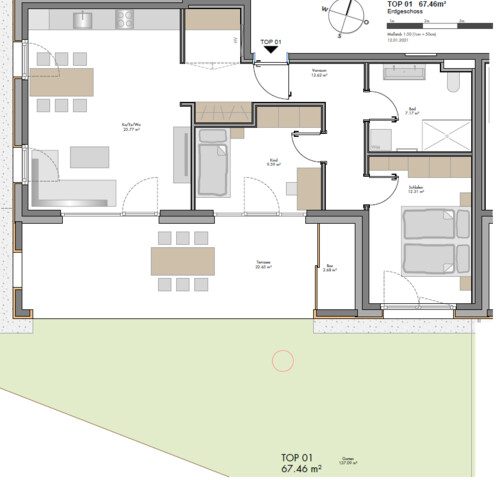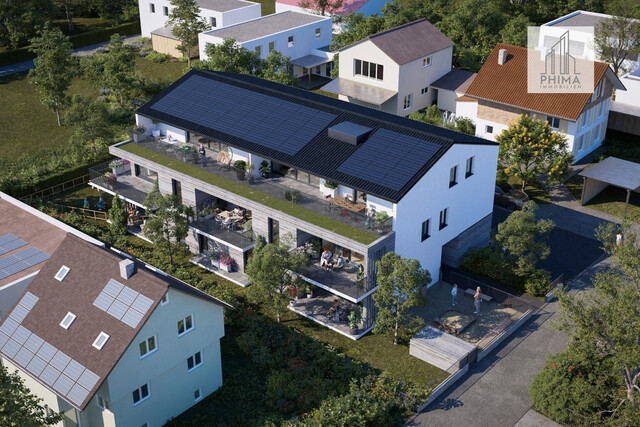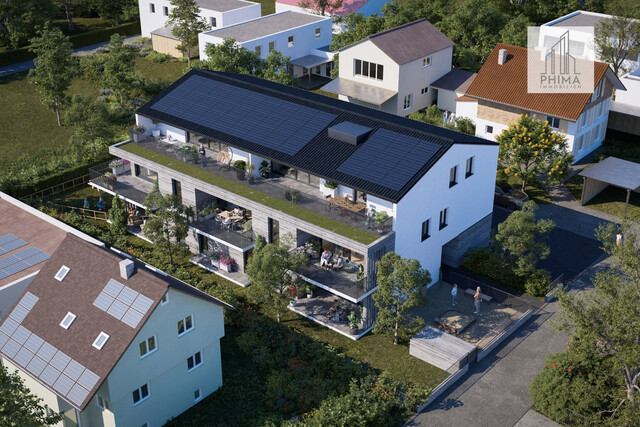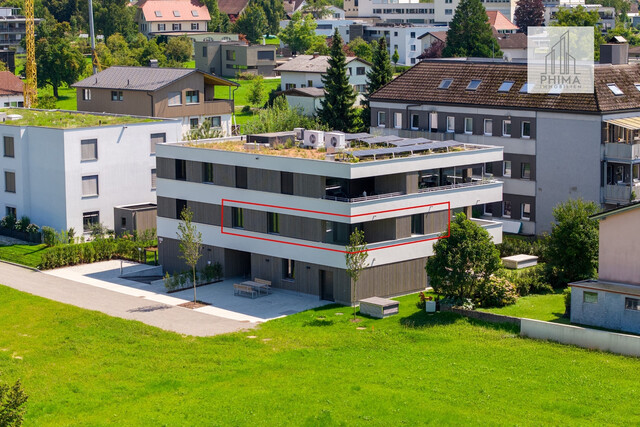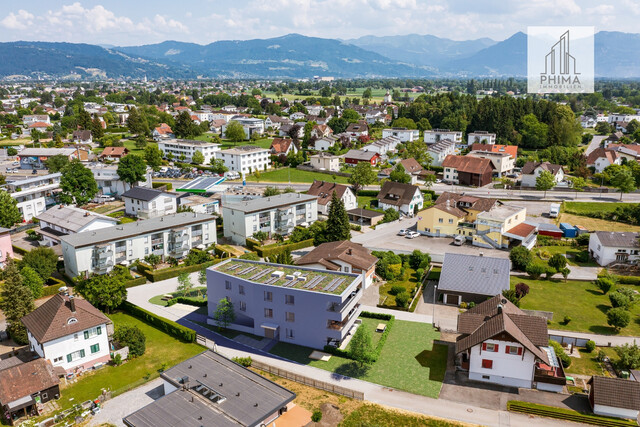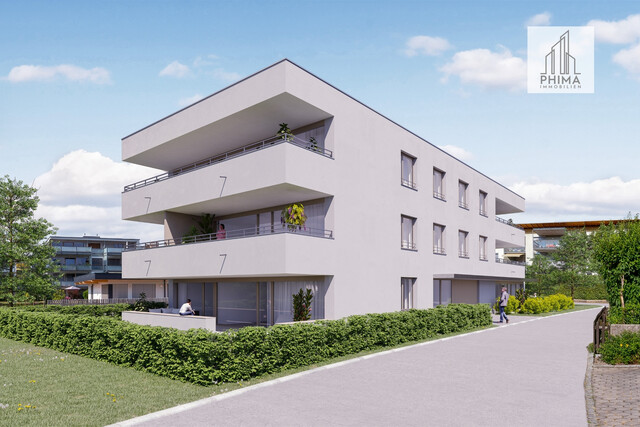Rights of the LGBTIQ+ Community as Pride Month Theme

The highlight of Pride Month in Austria is once again the Rainbow Parade, where on June 14th, approximately 300,000 people will march around the Vienna Ring to celebrate diversity. Political demands will also be voiced again this year.
Political Demands Take Center Stage During Pride Month
The Vienna Pride takes place until June 15th, and before the Rainbow Parade, the Pride Village will be set up at Vienna's Rathausplatz from June 12th to 14th, where community associations and LGBTIQ+ artists will present themselves. Other highlights include the Pride Run on June 13th and the Pride Conference on June 6th. But events for the community also take place outside the federal capital: the St. Pölten parade took place a week ago, and the one in Klagenfurt is happening today, Saturday. In the coming weeks, parades will take place in several other state capitals, but even smaller communities like Unken or Mittersill now have their own Pride.
The organizers of Pride tirelessly emphasize the political origins of the event every year. Although much has changed for the better worldwide since the first events in the 1970s in the USA, many demands of the community remain unfulfilled. In Austria, foremost among these are protection against discrimination in the private sector and a ban on conversion therapies. At least the latter is included in the black-red-pink government program, alongside the protection of intersex minors from medically unnecessary surgeries, but it still awaits implementation.
Pride Month: LGBTIQ+ Community Facing Attacks Worldwide
Pride holds special significance for the organizers this year, as the rights and visibility of LGBTIQ+ people are increasingly becoming a political issue again. "In some countries, this is already leading to massive setbacks," said Katharina Kacerovsky-Strobl, the organizer of Vienna Pride, in advance. In the USA, the community repeatedly faces restrictions imposed by the government. In Hungary, the Budapest Pride was even banned. NEOS LGBTIQ spokesperson Henrike Brandstötter described this in a statement on Saturday as an "attack on the freedom, dignity, and equality of all people."
With the Freedom Party, the "Pride Month" also has an opponent in Austrian domestic politics. On Saturday, the Burgenland FPÖ chairman Alexander Petschnig spoke out in a statement, declaring that "more and more citizens" believe it stands for "ideological paternalism, constant media bombardment, and systematic re-education." The blue state parliamentary club should now develop demands "to stop this misguided path." The "Pride Month" must not become "a compulsory month for everyone."
National Action Plan Against Hate Crime Announced
In Austria, several cases of hate crime caused a stir at the end of March. On the morning of March 21, the police conducted house searches in seven federal states and arrested over 20 suspects who had lured mainly men to meeting points under the pretense of a date, then partially beat and humiliated them. In the National Council, all parties except the FPÖ signed a resolution requesting the federal government to develop a National Action Plan against Hate Crimes as quickly as possible.
Shock prevailed among many people in the community the day after Pride 2023, when the Directorate of State Protection and Intelligence announced at a hastily convened press conference that a suspected attack had been prevented. Charges have now been filed against three youths; although an attack was not imminent according to this, they are said to have discussed attack plans. This year, too, the events will be accompanied by a dense security network, it was said in advance to the APA.
Queer History in the House of History
In Austria, the queer community long faced criminal discrimination. Homosexuality was generally prohibited until 1971, and with legalization, numerous special paragraphs came into effect, such as setting a higher age of consent. The Constitutional Court only repealed the last such provision in 2002. With the establishment of the National Fund of the Republic for the Victims of National Socialism in 1995, people persecuted because of their sexual orientation were also entitled to a one-time payment of just over 5,000 euros. Homosexual victims have only been officially recognized as victims since 2005. Starting June 8, several short tours focusing on queer history will take place at the House of History Austria.
(APA/Red)
This article has been automatically translated, read the original article here.
Du hast einen Hinweis für uns? Oder einen Insider-Tipp, was bei dir in der Gegend gerade passiert? Dann melde dich bei uns, damit wir darüber berichten können.
Wir gehen allen Hinweisen nach, die wir erhalten. Und damit wir schon einen Vorgeschmack und einen guten Überblick bekommen, freuen wir uns über Fotos, Videos oder Texte. Einfach das Formular unten ausfüllen und schon landet dein Tipp bei uns in der Redaktion.
Alternativ kannst du uns direkt über WhatsApp kontaktieren: Zum WhatsApp Chat
Herzlichen Dank für deine Zusendung.


